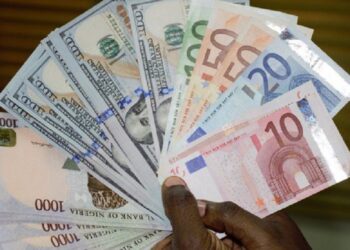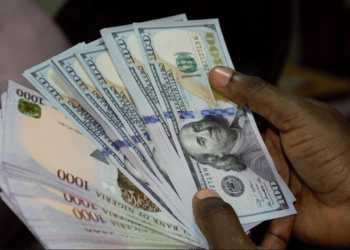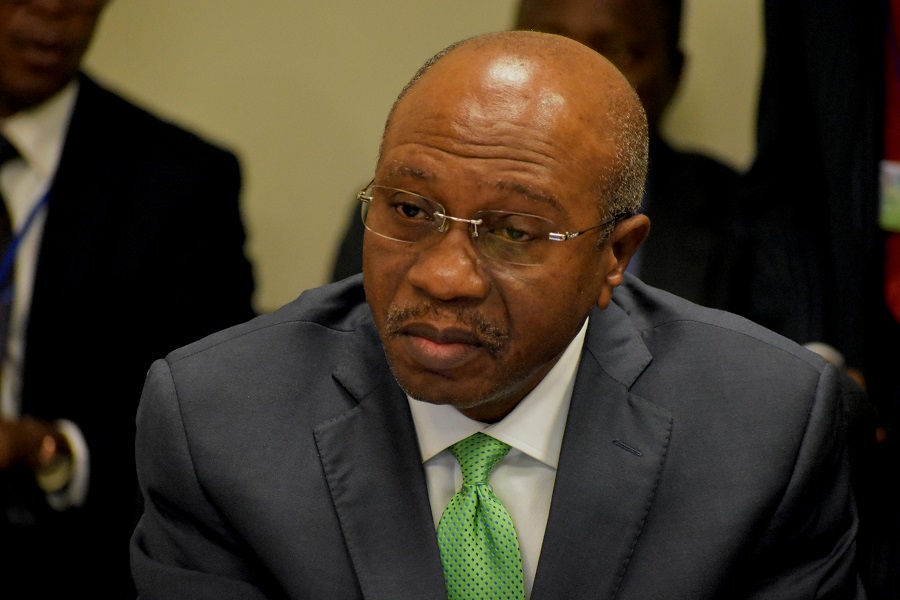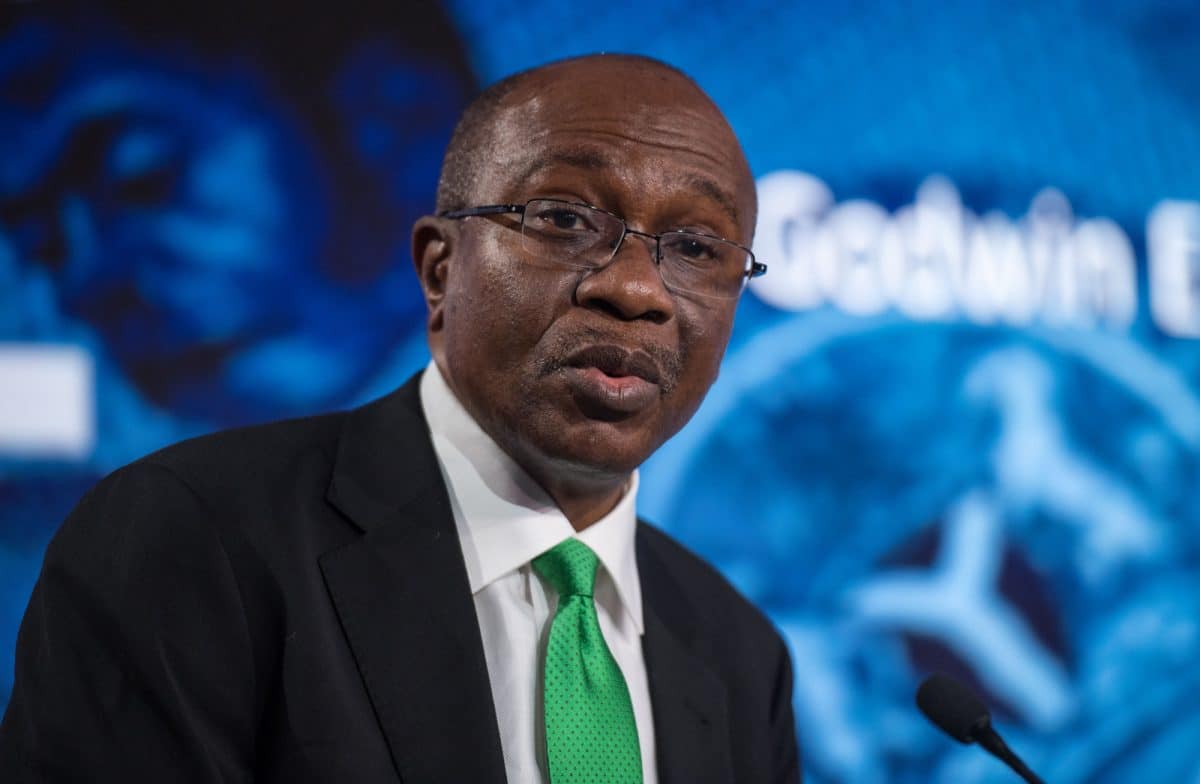Nairametrics| The recent announcement of a new forex policy by the Central Bank of Nigeria has led to the biggest black market gain the Naira has experienced in a single year.
To many, this will seem to be good news especially as the gulf between the official exchange rate and the parallel market rates was cited as the major reason for low inflow of foreign direct investment (FDI).
However, if what analysts on Bloomberg are saying is anything to go by, international investors are still not keen on having the CBN float the naira. Bloomberg cited comments from analysts at JP Morgan and Rencap
Unlike the CBN that continues to maintain that the sharp fall in value of the Naira in the parallel market was caused by hoarding of dollars by currency speculators and is not representative of the true value of the Naira, foreign analysts actually believe that the Naira is worth less than the official rates touted by the CBN. Here are 3 evidences that these analysts point to in defense of their position.
- The multiplicity of exchange rates used in dealing with different users of forex by the CBN itself suggests to investors that the Naira may not actually be worth as much as is been suggested. For example, while a benchmark of N305/$1 was used for the 2017 budget, the CBN sold a dollar at N370 to business travelers and those requiring to pay school fees etc. Apart from these, the exchange rates for fuel importers, the interbank rate and exchange rate for Bureau de Change are all different leaving the Naira with about 6 different values in the same country.
- The drop on Nigeria’s Eurobond yields, which have reached their lowest (about 6%) since May 2015, suggest that the demand by investors to buy into the country’s economy, especially in the midst of increasing oil production and crude oil prices, is steadily growing. However, this is not the case for naira-denominated assets such as the Naira bonds which average 16.4%. This suggests that while investors want to get in on Nigeria’s economy, the Naira is still a no-go area. Foreign-denominated bonds are preferred.
- The same trend is noticed with equities. While Nigerian stocks are now the cheapest in Africa, the market capitalization of the dollar-based Global X MSCI Nigeria Exchange Traded Fund, listed in New York, has more than doubled in the last year to $35 million, a further suggestion that investors are keen on Nigerian stocks, just not in naira.
It appears, from what we can infer in this article, that what they want is a full float of the Naira.















.gif)






